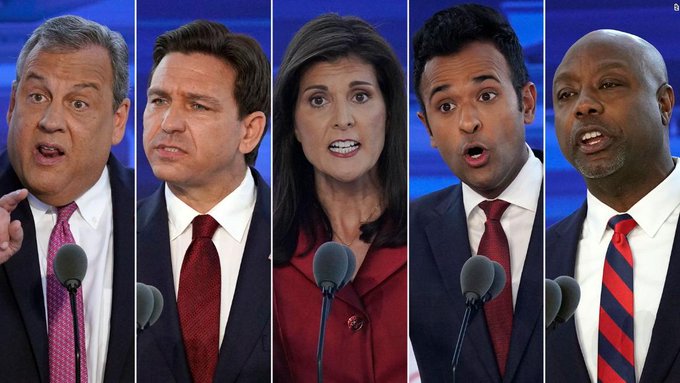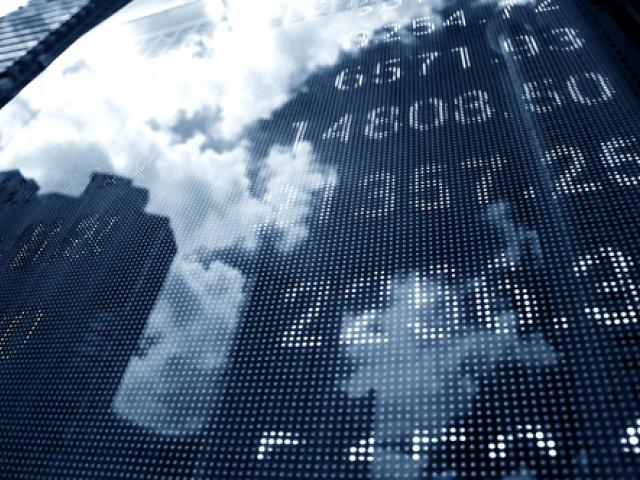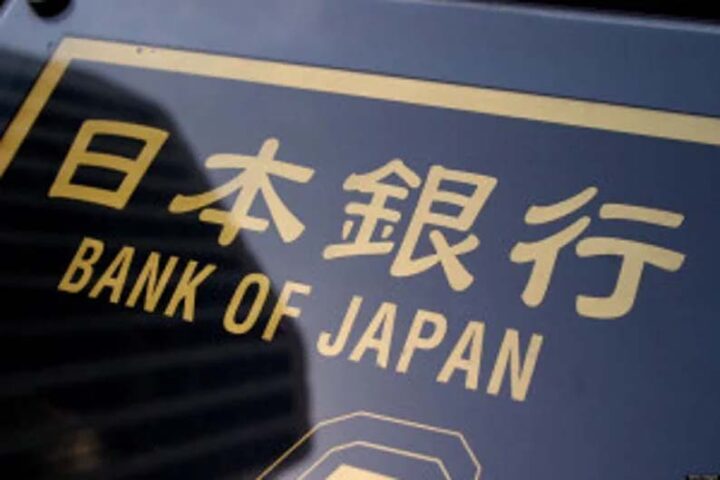Despite former President Donald Trump, who has a significant lead in national and early state polls, skipping the third Republican primary debate, the prospect of him securing victory over incumbent President Joe Biden is capturing the attention of investors worldwide.
Five candidates took the stage on Wednesday: former New Jersey Governor Chris Christie, Florida Gov. Ron DeSantis, former U.N. Ambassador Nikki Haley, entrepreneur Vivek Ramaswamy, and South Carolina Senator Tim Scott.
Missing was front-runner Donald Trump, who instead hosted an evet not far away, in Hialeah, Florida.
Financial markets, always focused on the intersection of politics and economics, are poised for a “dynamic response” should Trump return to the Oval Office, said Nigel Green, CEO of deVere Group, a leading independent financial advisory and fintech.
“Whether you support him or not, there are both positives and negatives of a Trump re-run for markets,” Green said.
One of the key factors driving market sentiment is the legacy of Trump’s previous term.
His administration, characterised by pro-business policies, such as tax cuts and deregulation, created a bullish market environment.
“Investors responded favorably to initiatives aimed at stimulating economic growth, and a return to Trump’s presidency could reignite optimism, particularly in sectors sensitive to regulatory changes,” asserted the deVere Group CEO.
Challenges ahead
However, the road ahead is not without its challenges. Trump’s past inclination towards trade wars, notably with China, injected volatility and uncertainty into markets.
“A second Trump term could reignite concerns about protectionist measures, trade tensions, and geopolitical instability. Investors would likely find themselves recalibrating risk exposures as the specter of renewed tariff battles looms large on the horizon,” explained Green.
“The unpredictability associated with Trump’s governance style is another factor that may impact market dynamics. His ‘America First’ policy, marked by unilateral decision-making, challenged established norms of multilateral cooperation.
“The potential resurgence of this approach also raises questions about the future of international relations and could introduce geopolitical tensions, prompting market participants to re-evaluate their risk strategies.”
Domestically, the Trump administration’s business-friendly policies are expected to receive a favourable reception in certain sectors, concerns about social and political stability could temper market enthusiasm.
“No question that Trump’s polarising rhetoric and divisive governance style could exacerbate domestic tensions, with potential consequences for market sentiment,” said Green.
The Federal Reserve could also be expected to recalibrate its monetary policy in response to changes in the political landscape.
The deVere CEO explained that if a Trump victory leads to a considerable increase in economic activity and inflationary pressures, “the Fed could consider gradually raising interest rates again to prevent overheating and excessive inflation.”
He concluded that Trump was, again, conspicuous by his absence at the debate.
“For investors around the world, while he was out of sight on that stage, he was certainly not out of mind. Far from it.”







